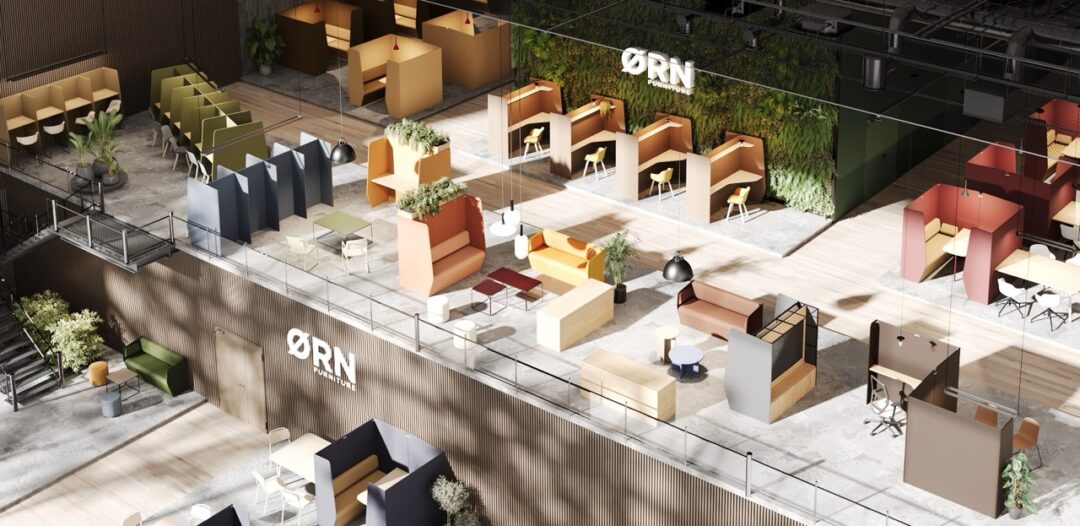The Challenge of Workplace Furniture Waste
The way we work is changing rapidly, yet the furniture in many workplaces struggles to keep pace. As businesses grow, restructure, or relocate, traditional fixed seating often becomes redundant—leading to disposal rather than reuse. Outdated layouts and rigid seating arrangements make it difficult to adapt to evolving needs, driving unnecessary waste and frequent repurchasing.
How Modular Seating Offers a Sustainable Alternative
Modular seating provides a practical solution by offering flexibility and longevity. Designed to be repurposed, reconfigured, or relocated, it minimises the need for disposal. Businesses can adjust seating arrangements as required without investing in entirely new furniture, reducing both costs and environmental impact.
Plats & Converse: Smart Seating with Longevity in Mind
Plats is engineered with adaptability at its core. Designed for easy disassembly, it allows components to be replaced or rearranged rather than discarded. This ensures that workspaces remain functional and visually cohesive, even as layouts change.
Converse also uses shared components but also complements this approach by facilitating effective zoning. Its modular nature enables businesses to redefine spaces without major overhauls, ensuring a sustainable approach to workplace design. Whether used for collaboration areas, quiet zones, or breakout spaces, Converse supports long-term planning while reducing unnecessary waste.
Conclusion
Choosing adaptable furniture is a step towards a more sustainable workplace. By investing in modular seating like Plats and Converse from ØRN, businesses can create dynamic, long-lasting environments without contributing to landfill waste.

